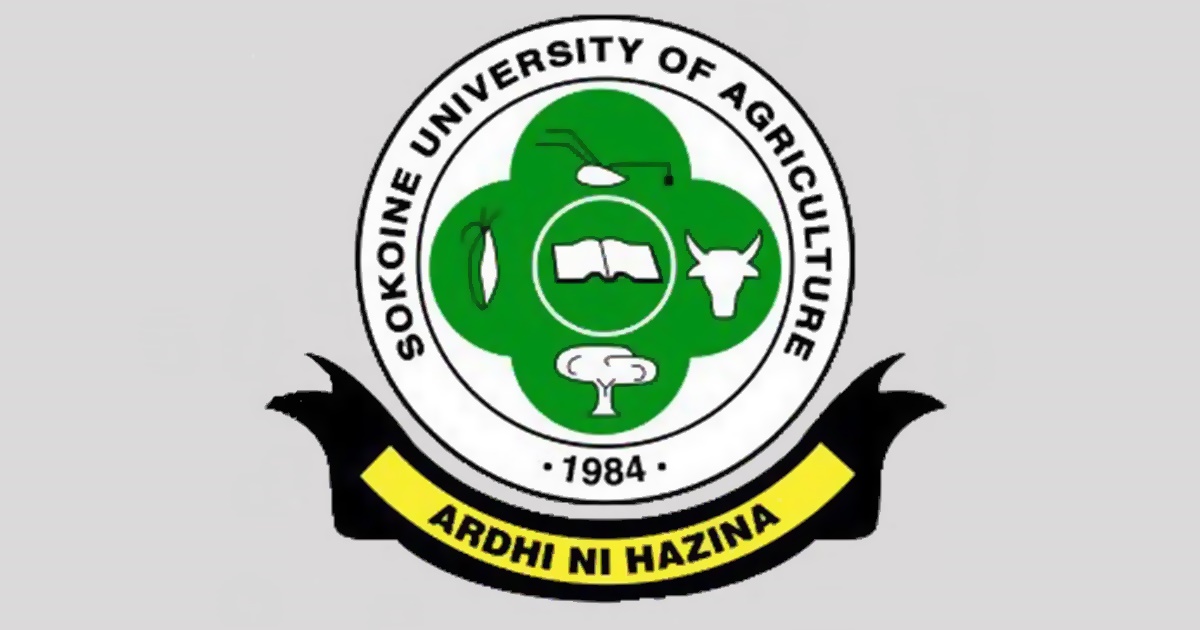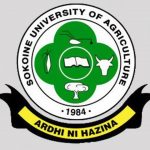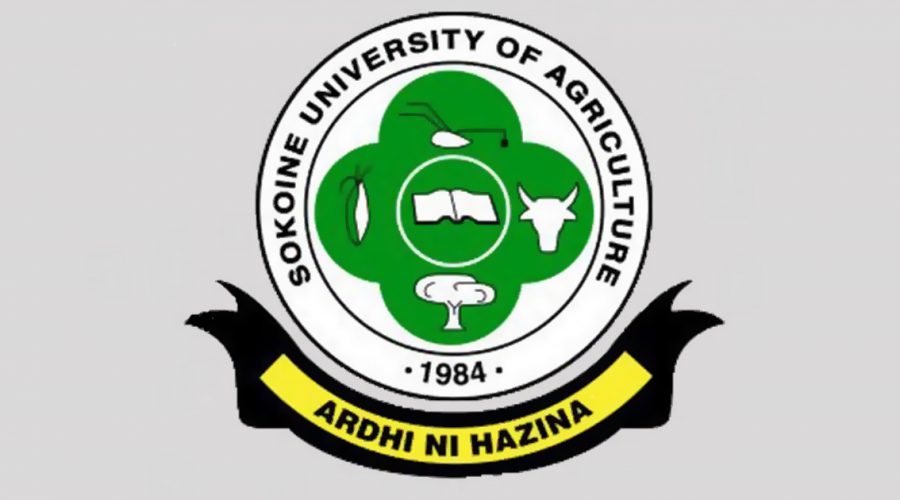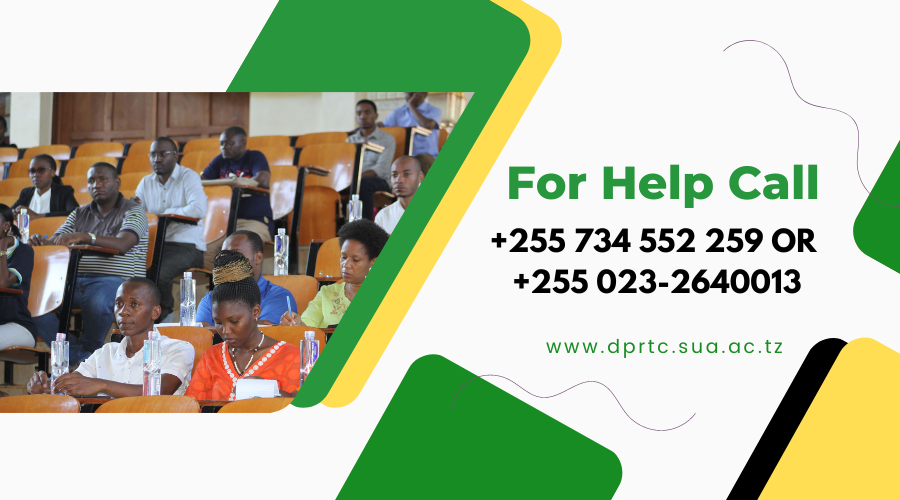Candidate: Justin Lusasi
Justin Lusasi is an Assistant Lecturer at Stella Maris Mtwara University College (STEMMUCO), a Constituent of St. Augustine of Tanzania-SAUT. Justin joined the Sokoine University of Agriculture on November 2016 for Ph.D studies at the Department of Policy Planning and Management.
Title of the Thesis: Timber farming: Domestic investors of tree planting, land transactions and impressions on gender in the Southern Highlands of Tanzania
Supervisors:
- Christopher P. Mahonge
- Jens-Friis Lund
- Esbern-Friis Hansen
- Dismas L. Mwaseba
Date and Time
04th February 2021; 09.30 hrs
Venue
CSSH Board room
Mode of Defense
Face-to-face
Panelist Team
- Yonika.M. Ngaga (Chairperson)
- Felister M. Mombo (Internal Examiner)
- Christopher P. Mahonge (Supervisor)
- Jeckoniah J. Nshimba (Appointee of the Principal)
- Tumaini A Tuni (Appointee of the Head and Secretary)
Summary of the Thesis
The processes involved in land-based investments in the global South are more complex than what the literature on land-grabbing shows. This study diverges in its focus from foreign-led investments to South-South investments dominated by domestic investors as emerged post global environmental crisis of 2007-2008. Following the urbanization growth, the regional demand for construction materials i.e. poles and timbers from Eucalyptus and Pinus tree species piled up, exceeding the capacity of supply from Sao Hill plantations, by then the only largest supplier. To cover the deficit, the construction industries from Tanzania, Kenya and Uganda resorted to few existing private woodlots. Since it was a rush, most of the land deals for tree planting went unrecorded and investors unidentified. Thus, the study aimed at characterizing domestic investors of tree planting and their mechanisms of accessing village lands. The study went further analyzing motives for land selling and processes of land transactions between smallholders and domestic investors also assessed the impacts of land transactions for tree planting on land accessibility by women in selected villages. The study identifies five major types of domestic investors: urban-based investors without local ties, urban-based investors originating in the area in which the investments are taking place, resident villagers, local leaders and government and religious institutions. Land transactions are motivated by several pull and push factors including the growing local capitalism, income poverty, and commodification of lands when smallholders succumb the monetary baits from local elites and other domestic investors. Land transactions have perpetuated gender inequality within families, marital stress and symbolic violence, with women being subjugate to men’s whims.
Attendance
For members of the general public (including non-panel individuals) who are interested to attend/follow the Viva voce examination virtually
Join Zoom Meeting
https://us02web.zoom.us/j/
Meeting ID: 836 3475 3524






